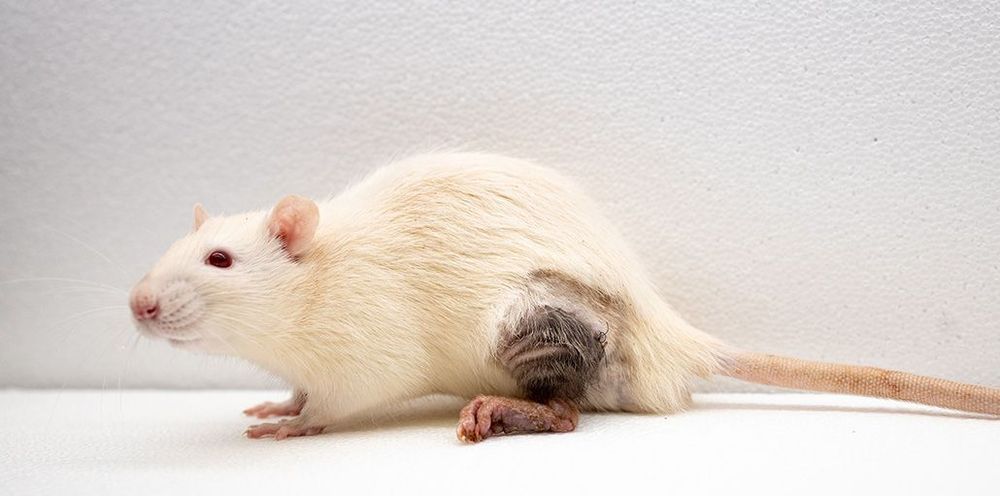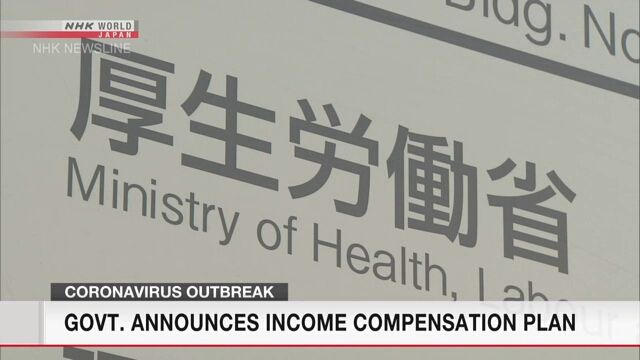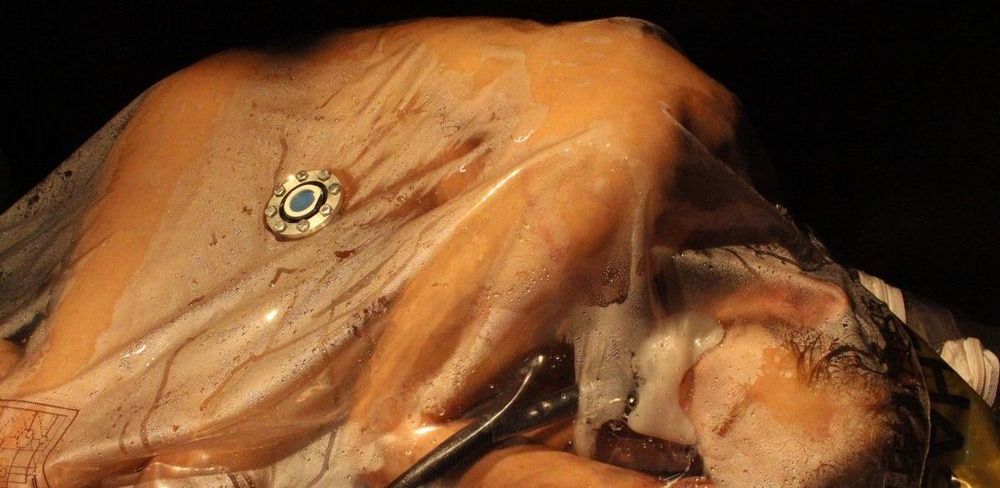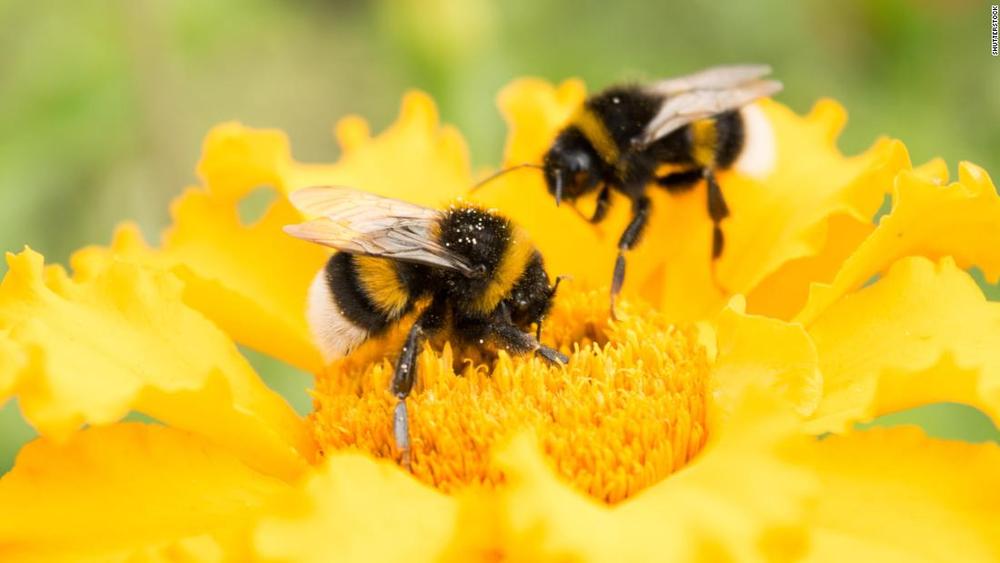This man lived inside a self-sustaining glass biosphere for 2 whole years to test drive what life would be like for humans on Mars via NowThis.
Category: education – Page 162

Yang demands Congress get its ‘sh– together’ and approve payments to all Americans
Entrepreneur and former presidential candidate Andrew Yang is not being shy about his belief that the impact of the coronavirus outbreak makes the case for his trademark proposal of giving Americans cash so they can have an economic boost.
Yang is now calling on lawmakers to do just that to help people navigate their way through the pandemic that has resulted in governments ordering schools and many businesses to close.



In response to COVID-19, Japan is going to start paying parents $80 a day to stay home from work and take care of their kids
Japan’s government says it will pay up to about 80 dollars per person per day to businesses as income compensation for parents taking leave from work in response to temporary school closures that began nationwide.
The health and labor ministry on Monday revealed the details of a new subsidy system as the government strives to prevent the spread of the new coronavirus.
The ministry will pay the subsidy of up to 8,330 yen per person per day to businesses if their employees take paid leave to take care of their children due to school closures.
Denmark becomes second country in Europe to go on coronavirus lockdown
Denmark is on coronavirus lockdown, becoming the second country in Europe to grind to a halt as the life-threatening disease rips across the continent.
Prime Minister Mette Frederiksen declared that all Danish schools, universities, and kindergartens will be shut for two weeks to slow the spread of the bug.
Tough new measures will also include banning indoor events with 100 or more participants, and sending non-critical public sector employees home.



If you want to save bumble bees, plant these flowers in your yard
Humans are the cause of many problems because humans follow humans with no solutions. Everyone is talking about coronavirus, but not about ending the virus because they are not solutions driven. Just as Wangari Maathai taught the world to plant trees to fix what humans messed up. We need to also teach the world to plant bees #beekeeping to fix what humans messed up. This does not just mean bees, but other species we are making extinct. We need to be the change not just talk about and protest for change.
Researchers have figured out which plant species bumble bees prefer to include in their diets, providing advice to those wishing to help with bee conservation efforts.
During the summer months of 2015 to 2016, authors captured bumble bees on more than 100 plant species across more than 400 plots in the Plumas National Forest in California — a mountainous, meadowy area with wildlife habitats near running water, where bumble bees are abundant.
The findings, published Tuesday in the journal Environmental Entomology, revealed that the most popular plant species among the bees were Oregon checker-mallow and mountain pennyroyal flowers.
FM-2030 film ‘2030’ — director Johnny Boston interview
I interviewed the director of recently released movie ‘2030’, about the life of transhumanist pioneer FM-2030, about his film and what it was like knowing FM-2030 personally — full video here:
My interview with Johnny Boston about his film 2030, which focuses on the life of FM-2030 (born Fereidoun M. Esfandiary) — a noted transhumanist and futurist thinker.
The documentary is available on multiple platforms including Amazon Prime: https://www.amazon.com/2030-FM/dp/B0851TX933?tag=lifeboatfound-20